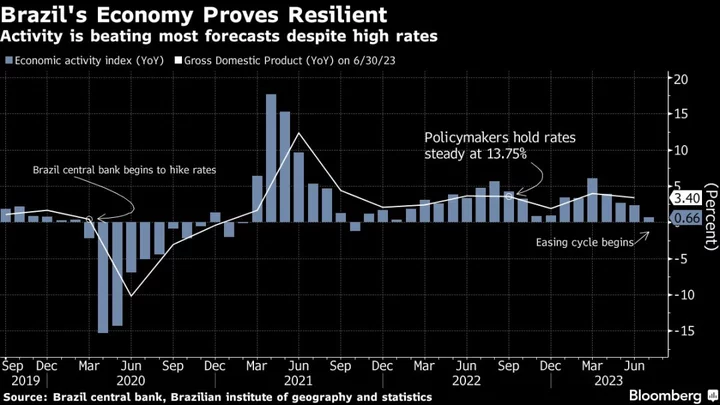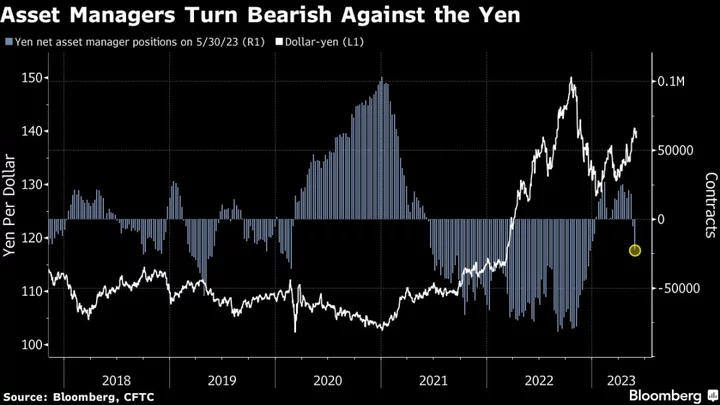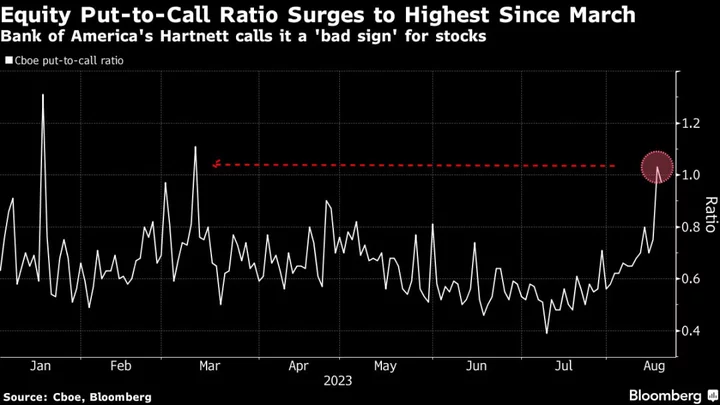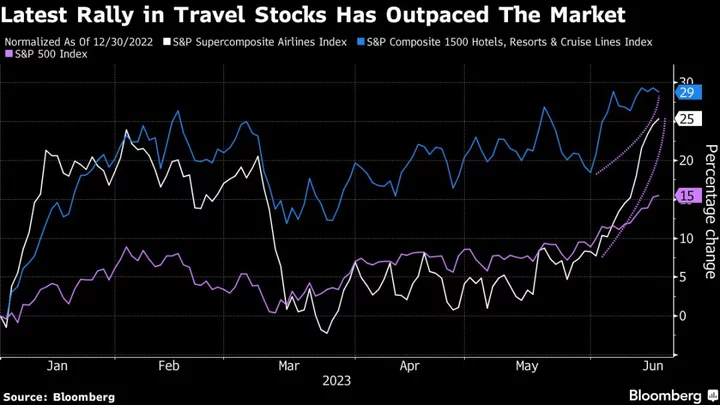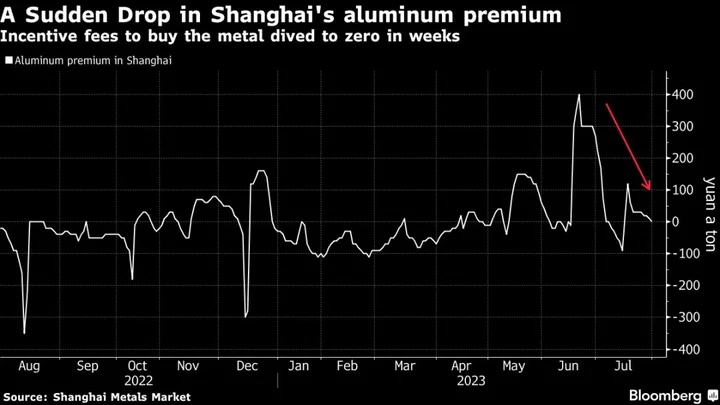Brazil’s central bank cut its benchmark interest rate by half a percentage point for the second straight time and signaled it will keep the same pace of monetary easing at least through year’s end.
The bank lowered the Selic to 12.75% late on Wednesday, as expected by all 40 analysts surveyed by Bloomberg. The decision was in line with the bank’s prior guidance, which policymakers maintained unchanged.
“Committee members unanimously anticipate further reductions of the same magnitude in the next meetings,” board members wrote in a statement accompanying their decision. “This pace is appropriate to keep the necessary contractionary monetary policy for the disinflationary process.”
The central bank’s next decisions are in November and December.
Policymakers led by Roberto Campos Neto are sticking to their plan for gradual rate cuts in a cycle that started in August after the Selic was held at a six-year high for 12 months. Annual inflation is within the tolerance range and closely-watched services price pressures are waning. Still, activity remains resilient to tight monetary policy and the central bank’s own cost-of-living projections have risen, preventing even faster borrowing cost reductions.
Read more: Brazil Sees Economy Growing Faster Without Additional Inflation
“I don’t interpret the statement as a central bank that is looking to pick up the pace of cuts,” said Brendan McKenna, a strategist at Wells Fargo in New York. He is betting on half-point rate reductions through 2024.
Policymakers’ move follows the Federal Reserve’s decision earlier in the day to leave its benchmark interest rate unchanged while signaling borrowing costs will likely stay higher for longer after one more hike this year.
By contrast, several Latin American countries aside from Brazil have also been relaxing monetary policy, including Peru, Chile and Uruguay. Earlier on Wednesday, Paraguay cut rates by 25 basis points to 8%.
Fiscal Concerns
In their statement, policymakers wrote there’s still a risk of stronger-than-expected services price growth and that, while various underlying measures of inflation have recently fallen, they remain above target.
Board members raised their annual inflation forecasts to 5% in 2023, 3.5% in 2024 and 3.1% in 2025. Central bankers also underscored the importance of the government’s fiscal goals for their inflation fight.
What Bloomberg Economics Says
“The Brazilian central bank’s policy decision and post-meeting statement on Wednesday conveyed three key messages, in our view. First, the road to ease super-tight policy is still clear despite rising uncertainties at home and abroad. Second, given those risks, officials are likely to maintain a 50-basis-point pace of cutting. Third, fiscal concerns may delay or even prevent a full normalization of monetary policy.”
— Adriana Dupita, Brazil and Argentina economist
— Click here for full report
Congress is now debating a tax reform as well as bills aimed at increasing public revenues as the administration pledges to eliminate next year the primary budget deficit, which doesn’t take into account interest payments.
“Given the importance of the execution of the fiscal targets already established for the anchoring of inflation expectations, and hence for the conduct of monetary policy, the Committee reinforces the importance of firmly pursuing those targets,” central bankers wrote in the statement.
After peaking at more than 12% in 2022, Brazil’s annual inflation now stands at 4.61%. Policymakers target price growth of 3.25% in 2023 and then 3% through 2026, with tolerance of plus or minus 1.5 percentage points.
Resilient Growth
Brazil’s economic growth soared past forecasts during the first half of the year, boosted by a strong harvest, demand for services and a firm labor market. Analysts have continued to raise estimates for 2023, with activity now seen expanding near the 3.2% forecast by the government.
In their statement, board members wrote the economy has showed stronger resiliency than previously expected, and they also cited risks of a tighter output gap. At the same time, activity will slow in coming quarters, they wrote.
“The statement is disciplined so that the market bets on cuts of 50 basis points,” said Silvia Matos, an economist at Fundacao Getulio Vargas. “One highlight is the importance of fulfilling fiscal goals, and another is regards to stronger-than-expected activity.”
--With assistance from Giovanna Serafim and Robert Jameson.
(Updates with economist comments starting in sixth paragraph)

